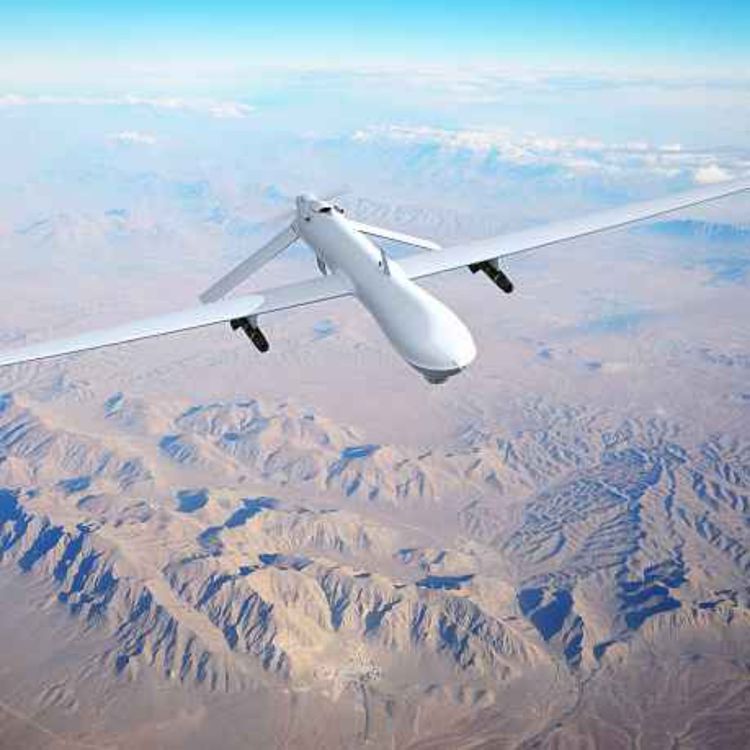Share

Revolution in Military Affairs
Drones, AI, and the Future of Conflict with Dr. Kerry Chavez
Season 1, Ep. 6
•
"Emulating Underdogs: Tactical Drones in the Russo-Ukrainian War," Contemporary Security Policy (2023), https://doi.org/10.1080/13523260.2023.2257964.
"Learning on the Fly: Drones in the Russo-Ukrainian War," Arms Control Today (January/February 2023), https://www.armscontrol.org/act/2023-01/features/learning-fly-drones-russian-ukrainian-war.
https://kerrychavez.us/wp-content/uploads/2023/10/Chavez-UAS-in-Urban-Attacks.pdf
More episodes
View all episodes

15. Major General Curtis Taylor and The Coming Blitzkrieg
43:52||Season 8, Ep. 15You can find Curt Taylor's article - "The Coming Blitzkrieg: Adapting Armored Formations for the Future of Warfare" in Military Review.
14. Gian Pili on Land Warfare and the Philosophy of War, Part II
41:55||Season 8, Ep. 14
13. Gian Pili on Land Warfare and the Philosophy of War, Part I
36:48||Season 8, Ep. 13
12. Samuel Bendett on Drones and the Future of War
35:18||Season 8, Ep. 12
11. Mechanized Warfare and the Future of War
41:01||Season 8, Ep. 11You can find Scott and Matthew's article at War on the Rocks.Scott Rutter and Michael Paul, "Why Mechanized Warfare Will Still Be Decisive in the Next Land War," War on the Rocks, 2 January 2026.
10. Land Warfare with Professor Christopher Tuck
41:21||Season 8, Ep. 10You can find Christopher Tuck's book, Understanding Land Warfare, at Amazon.
9. Beatrice Heuser on Flawed Strategy and Strategic Forecasting
40:49||Season 8, Ep. 9You can find Beatrice Heuser's new book Flawed Strategy: Why Smart Leaders Make Bad Decisions on Amazon or via the publisher (Polity).
8. Book Release Episode: Multidomain Operations, the Pursuit of Battlefield Dominance in the 21st Century
48:14||Season 8, Ep. 8In today's episode, Amos discusses his new co-edited book (with Franz-Stefan Gady), Multidomain Operations: The Pursuit of Battlefield Dominance in the 21st Century.Multidomain Operations is currently the #1 New Release in Military Strategy (Amazon). The book is available in hardcopy, paperback, and digitally through Kindle.You can find the book on Amazon and through the publisher, Howgate Publishing.
7. Expert Theory, Wargaming, and Immersive Learning
33:08||Season 8, Ep. 7You can learn more about Expert Theory here.